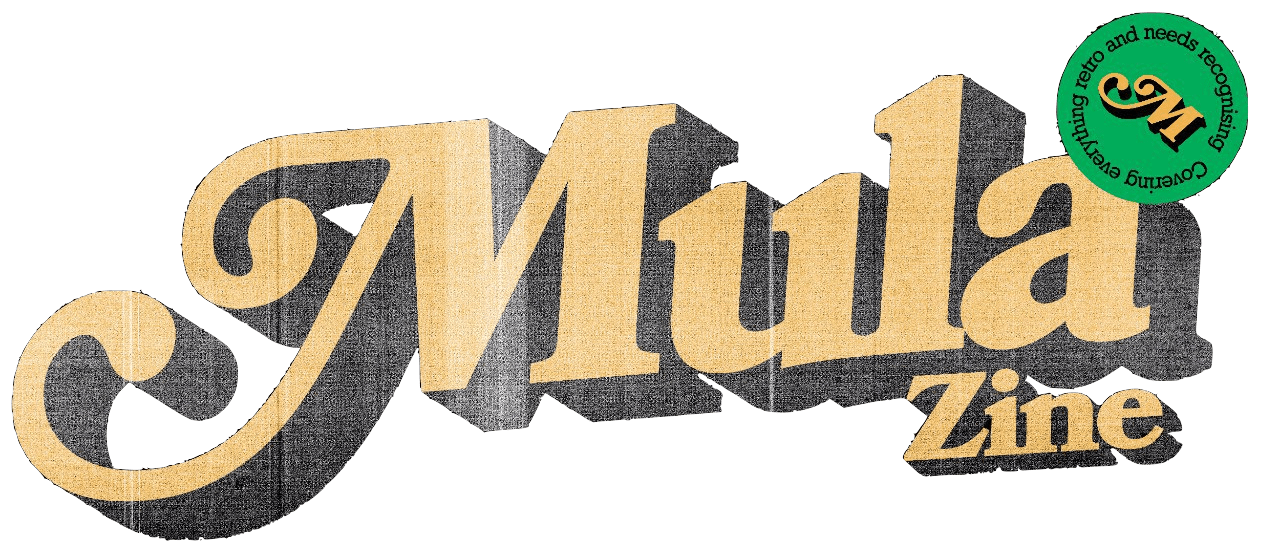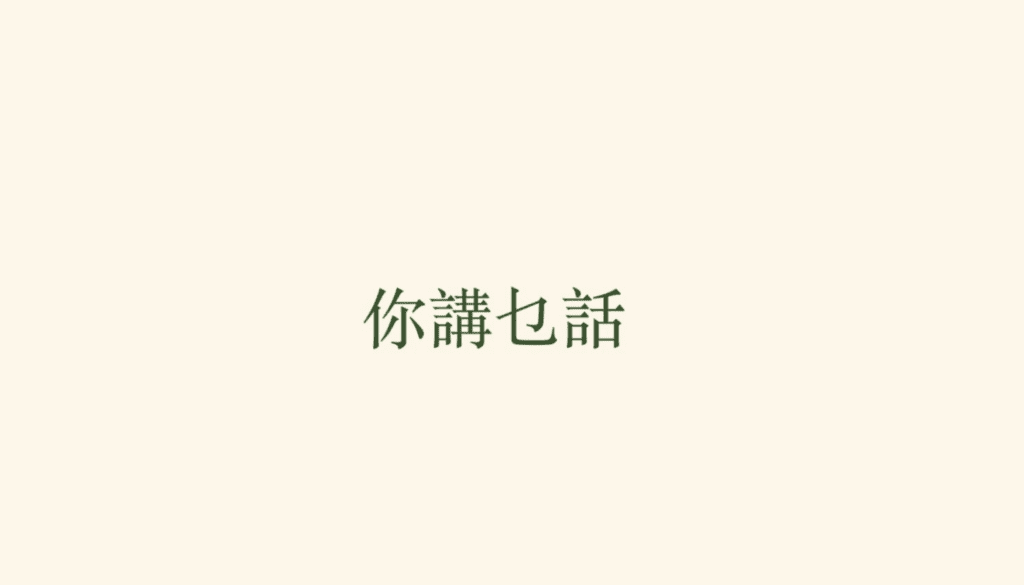Some are taught, of course. A for apples and B for balls – the planet’s lingua franca, but some come to a person almost naturally, as if in the womb a vocabulary was silently forming as we form, hidden following our arrival into the world, not forgotten, just dormant and growing as we grow. Our birth equally birthed many firsts. The first loud, clear sounds, muffled before in a liquid pocket, just now profound, and these scattered sounds gradually dissolves, drop by drop, distinguishing noises of animals, vehicles, or the rain with meticulously extracted speech, separating the formal and informal till it eventually takes shape in our tiny heads, the historically rich, culturally sophisticated, inherited language spoken by your own flesh and blood, their predecessors and future seeds of the same, ancient tree. From all directions, the first language, our mother tongue – whether a default, a given, innate or learned – bathes us with continuous, undulating waves and its current pulling you to the familiar, calling on the one who listens but wordless to tune its murmurs into a single discernible tongue. There were, in the beginning, strange words in the playful babbles, however, hidden amongst the babbling, if possibly isolated and detected, is a passable imitation of the language spoken in their presence. Hints of a vernacular native to us show up sluggishly, sleepily, with no recollection of how it came, when it came, or what words were uttered first.
Though when it did arrive, not long after assembling an adequate yet occasionally accurate glossary, we couldn’t be silenced, chattering instinctively, incessantly – some more than others – never mind the grammar because it became second nature. And perhaps we knew them all along. For a while, it is all you spoke. Thought and perceived in the language, even dreamt inside this built-in, organic programming that seems to be engraved, perhaps buried far within the fabric of your being – your earthly body, the oyster and the language, its pearl. Here is a perfect little bubble and in it inhabits creatures, old and young, of the same tongue. You understand them a little more each growing day and they you. Every so often peculiarity in eavesdropped conversations or a program on the television pollutes the familiarity in the air, sending birds circling above your head, ears perking up to its bizarreness but still, the mind is colored lost, trying to fit these extra, different pieces in a puzzle already assembled and completed. There are distinctly traces, suggestions, and overtones of foreign talks which sound, if not unfamiliar, then otherworldly. So, you pick up English scarcely by breadcrumbs left by those who appear animatedly on the small screen while your parents shared what they knew – enough to make friends at school, get by classes, participate passively in conversations during recess or in between lessons yet the occasional teasing were dispensed, sometimes handsomely.
You were so sure of it then that this is who you are, wearing the identity you sang praise for, especially its language, alongside your nametag and school badge. In this kaleidoscopic garden – against brilliant colored flowers of all shapes – fitting in became impossible because you bore a stark divergence, a product of other outliers, and kids your age can be cruel and mean. The realization that your speech is the one labeled otherworldly, and not the other way around pierced in skin-deep overnight. Nobody made you hate your language, inferior maybe or embarrassed even, but never hate. It has become impossible to do so – it flows carelessly, freely in your blood, sewn into each tissue, cell, and cut from the same cloth as your forebears.
There was no escaping, although there wasn’t any reason to make a break for it either. You nonetheless pick up a book – one of the countless others in this lifetime – to speak of this language everyone speaks, listen to its songs, watch their movies, and slowly ease into speaking it more publicly and fluently; grow into it like the pants or shirt your parents bought a few sizes bigger to be able to use even when you are grown. The unintentional abandonment of your mother tongue comes to pass quietly, at first with lesser practice because of a learned partiality for a more dominant one, then as habits grow, the other language ripens into the first response for nearly everything, replacing your old one.
Your clearest and most fluent vernacular – plunged into the most innermost, remote area of gray matter, drifting aimlessly – slowly saturates with other vernaculars absorbed, keeping up with its pace, if with a price or more so, a debt you will regret and pay for later. All those buoyant days promised a certain permanence, thinking one’s mind is never to waver, were able to preserve the records of the well-worn language, like a sponge absorbing every superfluous, uninteresting detail. You speak on occasion, if initiated, when approached by elders during family functions or when your parents would casually interpose expressions in your shared language during conversations, and you feel inclined or rather somewhat enticed to reply in the same, recognizable lexicon. At night, however, when there are no listening ears and whispering lips to pass judgment, you begin to rehearse, polish, go over instances in conversations where unable to summon the right words, you failed to respond satisfactorily. Your memory fails you; it has always been a sieve, straining unfluctuating information from ones that lay idle, barely summoned before some are suppressed while others, forgotten, but now this is unmistakable.
One momentary lapse stacked upon another, accumulating, and suddenly present is a vacuum mocking your forgetfulness. These words you cannot seem to recall, try as you might, are partially retrieved through translation engines – simple, straightforward, frigid, insipid, though you’d find the meaning and messages are oftentimes eroded and lost during their brief journey. Unknown to the opulence of a language and programmed only to transcribe languages in other languages, you’d find that a machine can never reveal tiny odd nuances, intricacies, your own local, at times crass slang which are perfected only after having an honest, intimate contact with the language, and not vicariously. The same rings true and loud when someone asks you to say something in your language but how do you pick from a beautifully laid-out deck, laden with exquisitely imaginative and expressive prose. Even if it’s brief the gravity of this responsibility goes unnoticed by the questioner. An easy yet customary greeting or the average, nothing too terrific, “How are you?” is more profound when received by someone who understands, tastes the language on their palate as it rolls so eloquently to respond accordingly, is less acute, rather a presentation, something to be awed at, a trick for the interlocutor. Maybe if the roles were reversed you’d be throbbing with curiosity too. What follows almost instantaneously is the remorse swallowing you whole for relaxing your death grip on a language now half-forgotten. It is strangely poetic how your own speech can sometimes leave you speechless.
You can picture-perfect sentences in your mind while nostalgia escorts you to dusty memories of when they were used; in silly arguments, in pronouncing happiness or sadness, to manifest hope, to trumpet excitement and rage, but some fleeting words never begin to dissolve on your tongue. Though in unassuming scenes, it returns like waves to the shore, bees to flowers, the sun when it is bright out, and when darkness blankets all, the moon amongst stars and planets. Everything is where it is supposed to be in the end. Someday, unannounced on a day like any other, you will rouse from a deep, feverish spell, and be absolutely certain that languages are supposed to be otherworldly. They are arcane, ancient, passed down epoch by epoch, each time mutating ever so slightly with barely perceptible differences that move sedately under noses despite decorating lips too many to count. It is an undying tree of mammoth proportions, humming abreast dwellers now utterly unremembered, but still growing its roots far and wide; it is also an extensive, high-ceilinged library fossilizing the smallest details, old and new, in inimitable records. Your parents and their parents – who left their motherland accompanied merely by their scanty baggage, who forgot their own birthdays yet memorialized their native tongue – disseminated seeds in this corner of the world, and witnessed it blossomed so majestically, crystallizing even when distant from those made from the same kind of clay. So, somewhere between the corruption of your naivety, having your eyes peeled from a sheath that sheltered you, and revelations uncovered in isolation – your mother tongue went numb. But every day, you collect and gather words spoken by your parents, keeping them in pockets, never knowing when you will need them, and in long Sunday conversations with your mother over tea, you begin to speak so naturally, holding forth as usual, almost childlike again.

